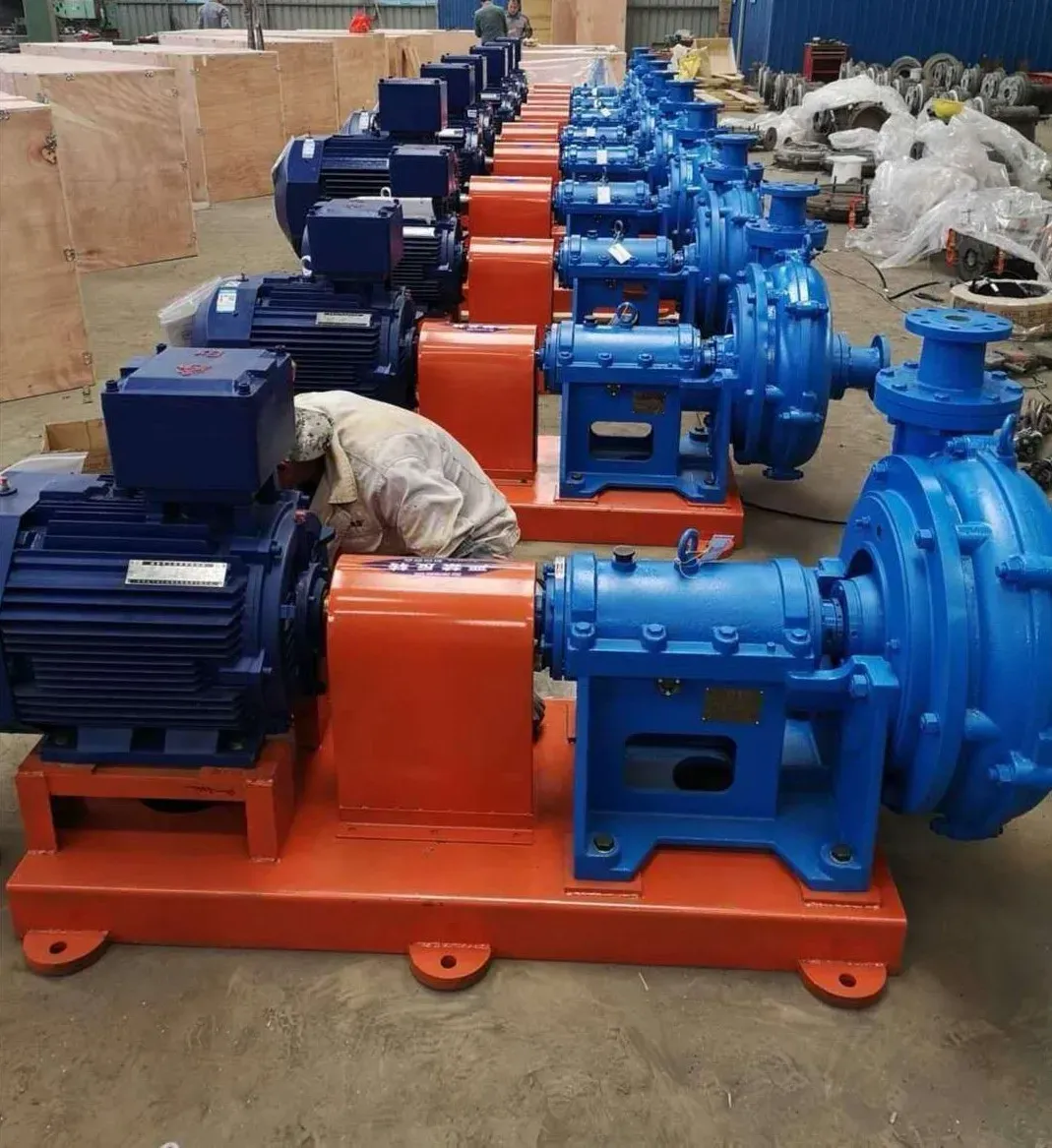English
- Afrikaans
- Albanian
- Amharic
- Arabic
- Armenian
- Azerbaijani
- Basque
- Belarusian
- Bengali
- Bosnian
- Bulgarian
- Catalan
- Cebuano
- Corsican
- Croatian
- Czech
- Danish
- Dutch
- English
- Esperanto
- Estonian
- Finnish
- French
- Frisian
- Galician
- Georgian
- German
- Greek
- Gujarati
- Haitian Creole
- hausa
- hawaiian
- Hebrew
- Hindi
- Miao
- Hungarian
- Icelandic
- igbo
- Indonesian
- irish
- Italian
- Japanese
- Javanese
- Kannada
- kazakh
- Khmer
- Rwandese
- Korean
- Kurdish
- Kyrgyz
- Lao
- Latin
- Latvian
- Lithuanian
- Luxembourgish
- Macedonian
- Malgashi
- Malay
- Malayalam
- Maltese
- Maori
- Marathi
- Mongolian
- Myanmar
- Nepali
- Norwegian
- Norwegian
- Occitan
- Pashto
- Persian
- Polish
- Portuguese
- Punjabi
- Romanian
- Russian
- Samoan
- Scottish Gaelic
- Serbian
- Sesotho
- Shona
- Sindhi
- Sinhala
- Slovak
- Slovenian
- Somali
- Spanish
- Sundanese
- Swahili
- Swedish
- Tagalog
- Tajik
- Tamil
- Tatar
- Telugu
- Thai
- Turkish
- Turkmen
- Ukrainian
- Urdu
- Uighur
- Uzbek
- Vietnamese
- Welsh
- Bantu
- Yiddish
- Yoruba
- Zulu
Telephone: +86 13120555503
Email: frank@cypump.com
Nov . 24, 2024 22:00 Back to list
Affordable Septic Tank Pump Pricing and Installation Options Available
Understanding Septic Tank Pump Prices What You Need to Know
Septic tanks are crucial for managing wastewater in homes that are not connected to a central sewage system. Over time, these tanks can fill up with solids and sludge, necessitating the need for pumping to maintain an efficient and hygienic system. However, one important aspect that homeowners often find daunting is the cost associated with septic tank pumping. This article aims to provide a comprehensive overview of septic tank pump prices, factors influencing costs, and the importance of regular maintenance.
The Basics of Septic Tank Pumping
Septic tank pumping involves the removal of accumulated solids and sludge from the tank to prevent backups and ensure proper functioning. Typically, homeowners should have their septic tanks pumped every three to five years, although this can vary based on tank size, household size, and the number of wastewater-generating appliances in the home.
Cost Overview
The cost of septic tank pumping can vary significantly based on several factors. On average, homeowners can expect to pay between $250 to $600 for pumping services. However, prices can go as low as $150 for smaller tanks or as high as $1,000 for larger systems or those with significant issues. This wide price range reflects the variability in service costs across different regions, tank sizes, and the condition of the septic system.
Factors Influencing Septic Tank Pump Prices
1. Tank Size The size of your septic tank plays a critical role in determining the pumping cost. Standard residential septic tanks range from 750 gallons to 1,500 gallons. Larger tanks require more time and resources to pump, thus increasing the overall cost.
2. Geographical Location The location of your property can significantly impact the price. Urban areas may have higher labor costs due to demand and proximity to service providers, while rural areas may see lower prices, although service availability can vary.
septic tank pump price

3. Accessibility The ease of access to your septic tank also affects cost. If the tank is buried deep or located in a hard-to-reach area, it may require extra labor and equipment to pump, leading to increased expenses.
4. Condition of the System If your septic tank has not been maintained regularly, it may have more sludge buildup, leading to a more time-consuming and costly pumping process. Additionally, if there are signs of structural damage or leaks, further inspection and repairs could be necessary, adding to the overall costs.
5. Additional Services Some pumping companies offer additional services such as inspections, cleaning, or repairs. While these services may cost extra, they can be beneficial in ensuring the long-term health of your septic system.
Importance of Regular Maintenance
Investing in regular septic tank pumping is crucial not only for maintaining the system’s functionality but also for protecting your property’s value. Neglecting this aspect of home maintenance can lead to severe consequences, including system failure, costly repairs, and environmental hazards. By ensuring that your septic tank is pumped regularly, you can avoid clogs, backups, and the unpleasant odors that accompany a malfunctioning system.
Moreover, most pumping companies provide inspections during the pumping process, which can help identify potential problems before they escalate into major issues. This proactive approach can save homeowners significant amounts of money in the long run.
Conclusion
Understanding septic tank pump prices is essential for responsible homeownership, especially for those relying on a septic system for wastewater management. While the costs can vary based on multiple factors, the investment in regular pumping and maintenance is invaluable in preserving the integrity of your septic system and avoiding costly repairs. Make sure to research and contact local service providers for quotes and to establish a maintenance schedule that suits your household needs. By staying ahead of septic system care, you can ensure a smooth and problem-free waste management process for years to come.
-
Horizontal Split Case Pump with GPT-4 Turbo | High Efficiency
NewsAug.01,2025
-
ISG Series Pipeline Pump - Chi Yuan Pumps | High Efficiency, Durable Design
NewsAug.01,2025
-
Advanced Flue Gas Desulfurization Pump with GPT-4 Turbo | Durable & Efficient
NewsJul.31,2025
-
ISG Series Vertical Pipeline Pump - Chi Yuan Pumps | Advanced Hydraulic Design&Durable Construction
NewsJul.31,2025
-
ISG Series Vertical Pipeline Pump - Chi Yuan Pumps | Energy Efficient & Low Noise
NewsJul.31,2025
-
pipeline pump - Chi Yuan Pumps Co., LTD.|High Efficiency&Low Noise
NewsJul.31,2025










